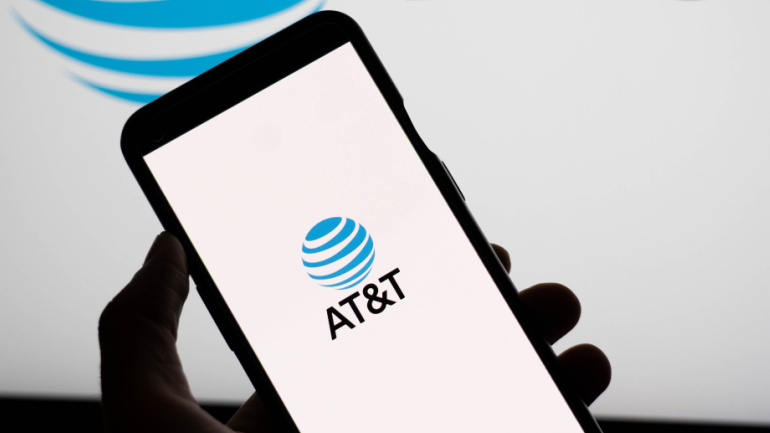The telecommunications sector leaps forward as KDDI and SpaceX bring a game-changing satellite-to-cellular service, intertwining mobile and satellite technologies. Leveraging SpaceX’s Starlink low-earth orbit satellites and KDDI’s national wireless spectrum, the partnership aims to expand urban connectivity into rural areas. While the innovation promises swift deployment and extensive coverage, it also poses challenges, including the need for costly, satellite-enabled handsets.
At the recent MWC Barcelona 2024, industry leaders Huawei convened the Green Development Elite Club, a stage for key representatives from prominent organizations to illuminate their vision and effort for Green Target Networks. These networks aim to foster sustainable growth, using state-of-the-art computing power and AI to transform operations.
AT&T’s CEO John Stankey has shed light on the massive service disruption on February 22nd. Revealing an incorrect protocol during network expansion as the cause, Stankey unveiled a testament of resilience. Meanwhile, AT&T plans to apply account credits to the most affected consumers and small businesses. The incident, affecting an estimated 75% of customers, triggered a swift restoration of service, notably prioritizing first responders.
Hewlett Packard Enterprise (HPE) is joining forces with TELUS to pioneer Canada’s inaugural 5G open radio access network (Open RAN), marking a significant advancement in the country’s mobile connectivity infrastructure. By supplying essential infrastructure across 3,000 locations, this collaboration aims to revolutionize the way Canadians connect, offering faster and more responsive mobile services.
In a significant development, Cisco and DISH Wireless have unveiled the testing phase of a pioneering network slicing technology designed for hybrid cloud setups. This cutting-edge solution, which leverages Cisco’s advanced hardware and software, promises to revolutionize how network traffic is managed, segmented, and optimized across different applications and use cases.
In a groundbreaking move, Mavenir is joining forces with Terrestar Solutions, a satellite operator based in Canada, to pioneer a project that seamlessly blends satellite connectivity with Open RAN terrestrial networks. This collaboration, revealed just before the Mobile World Congress (MWC), aims to offer users across the globe uninterrupted connectivity by merging satellite and terrestrial network capabilities.
Bouygues Telecom is set to challenge the balance within French telecommunications with a €963.4 million bid to fully acquire La Poste Telecom. Currently split between La Poste Group and SFR, the potential ownership change will significantly boost Bouygues’ customer base and reinforce its position in both mobile and fixed services.
Dish Network’s ambitious expansion of its 5G voice services has been announced, asserting coverage of over 200 million households in the United States. While the telecom giant has invested almost $6 billion since 2019 in establishing its nationwide 5G network, the new reach seems disproportionate to its current customer base of just 7.5 million. Recent executive exits and the impending pressure of extensive debt add another layer of turmoil.
BT launched NB-IoT network covering 97% of the UK to boost IoT use in sectors like utilities and construction. Elisa and Nokia showcased 5G Advanced’s L4S technology, demonstrating its potential to improve connectivity. Nokia’s Virtual Power Plant Controller Software enables mobile operators to lower energy costs, earn revenue, and reduce carbon emissions. LeapXpert and ASC collaborate to offer a compliance recording solution for Microsoft Teams, enabling regulated external communications.
Spearheading a revolutionary stance in the telecom security sphere, Versa Networks brings forth its ground-breaking Versa SASE on SIM – a fusion of AI and machine learning powered SIM-based identity system, aiming to reshape security measures at mobile network edges. Given the challenges faced by MNOs and MVNOs to distinguish their offers in an overly-saturated market, the shift towards value-added services further emphasizing on security is an escalating trend.













